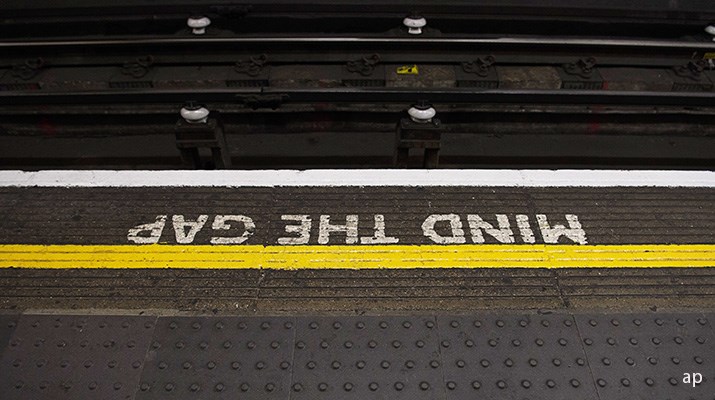Holly Black: Welcome to the Morningstar series, "Why Should I Invest With You?" I'm Holly Black. With me is Rachid Semaoune. He is manager of the Royal London Global Bond Opportunities Fund. Hello.
Rachid Semaoune: Hi, Holly.
Black: So, it's quite a mouthful of a fund.
Semaoune: It is indeed.
Black: What does it do?
Semaoune: It's a global unconstrained fund which invests in opportunities around the globe and across different sectors, different ratings, with a high focus on strong income generation and capital growth.
Black: Income is something I think that's on a lot of investors' minds at the moment.
Semaoune: That's right. I mean, income is very important because in this environment where rates are very low, you're getting nothing on your saving account. Generating high income within a portfolio is very important and it can be very challenging in this market if you're running a very rigid, constrained strategy. And the reason why income is so important is because in such an environment where rates are very, very low, it is going to be the main part of your total returns for the foreseeable future.
Black: And obviously, we've seen even negative returns on things like German bonds recently. How does that affect the way you invest?
Semaoune: Well, it makes the Euro market a lot less attractive than it was, for example, last year. If you go back a few months ago, German government bonds were negative yielding across the entire maturity profile. So, from 1 year to 30 year, you had negative interest rates. And it also makes a euro high yield very, very expensive. And one good example, a very recent one – a few days ago, a packaging company called Crown Holdings issued high yield rated bonds BB+ at a coupon of 0.75%. That's next nothing for a high yield company. So, you can see that if you're having a very constrained mandate to try and generate that income if you're only restricted to invest in euro high yield, you're going to struggle. Whilst our Global Bond Opportunities Fund, since inception, has generated an income yield of around 5.5% to 6%, so substantially higher and much more attractive yield compared to where base rates are.
Black: But you're having to take some risky positions to do that?
Semaoune: Not at all. Our fund is all about stock selection. It's all about making sure that we are being well paid for the risk we're taking. So, we're not investing in CCCs. The fund doesn't have 90% of the portfolio investing in CCCs. I've got some positions which are yielding 8% or 10%. Most of them are secured on assets or cash flows. So, you have some protection there. But also, we have some bonds which are yielding 1%. And why would I hold them? Because I think for the risk I'm taking, 1% is very attractive.
Black: So, if there's fears of a global slowdown at the moment, does that make you concerned that you might see some more defaults and that could affect the portfolio?
Semaoune: That's why there is a danger. Usually, in a recessionary environment, what you'd see is, corporate default tends to go up. And the way that we protect ourselves against corporate defaults within our portfolio, first of all, is to run a very diversified portfolio. So, our Global Bond Opportunities Fund has more than 200 holdings. So, what we call in our industry is that you minimise idiosyncratic risk. And what idiosyncratic risk is, is a risk that one single position defaulting affects the entire performance for your year.
So, the more diversified portfolio is, the less the risk is. And also, we have an emphasis on bonds which have some sort of security, bonds which are secured have a first pledge on physical assets or cash flow. And the reason for that is that, in a default scenario your recovery, how much money you're getting back after these assets are being sold, is a lot higher compared to an unsecured bond. And these two characteristics within the Global Bond Opportunities Fund are very important in order to protect the capital.
Black: Well, thank you so much for your time.
Semaoune: Thank you.
Black: And thanks for joining us.




























